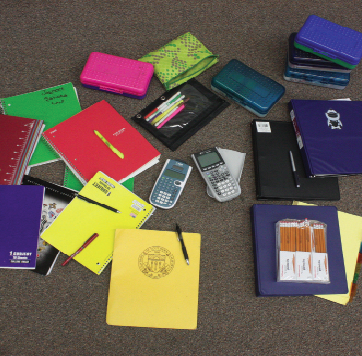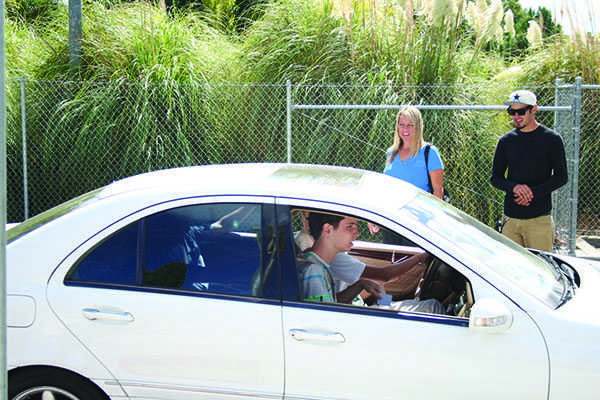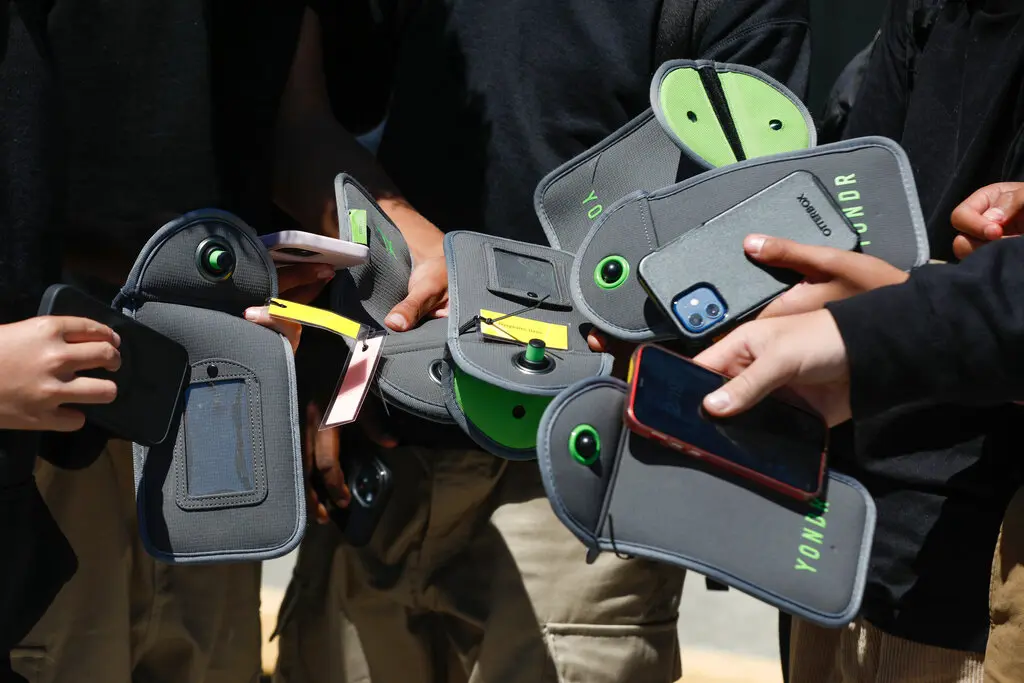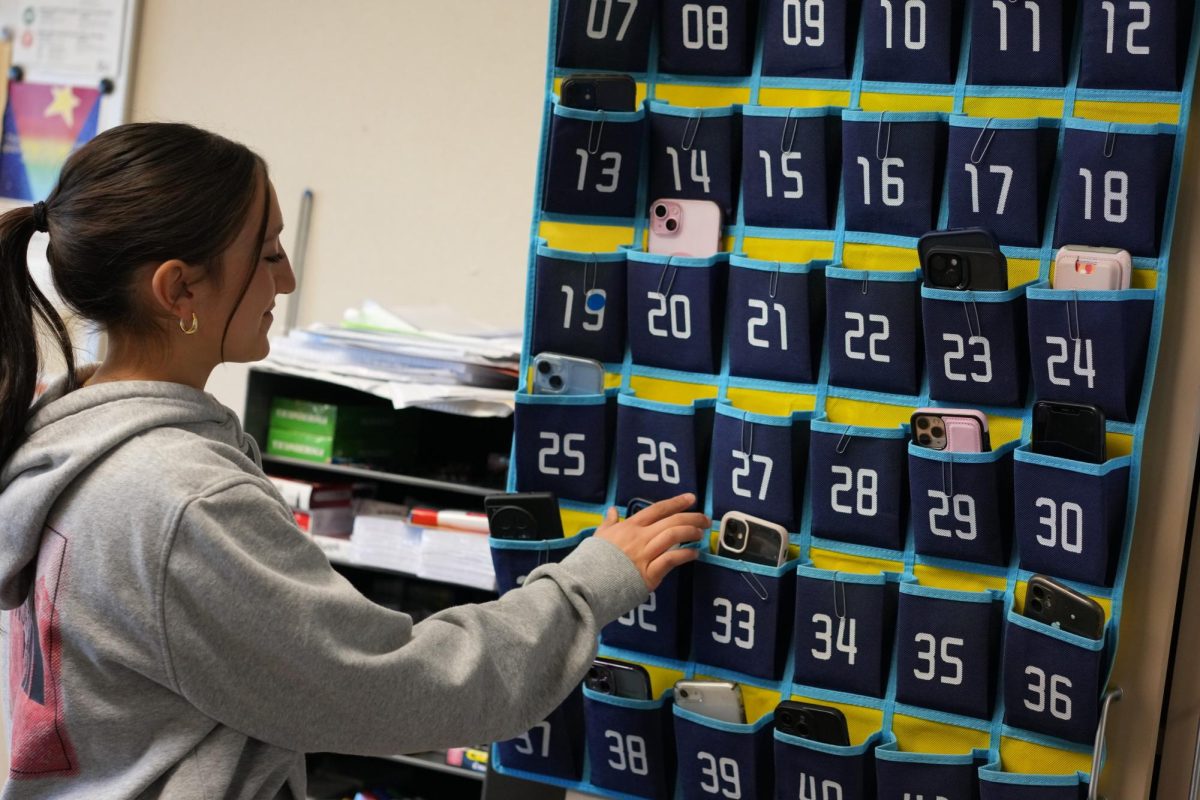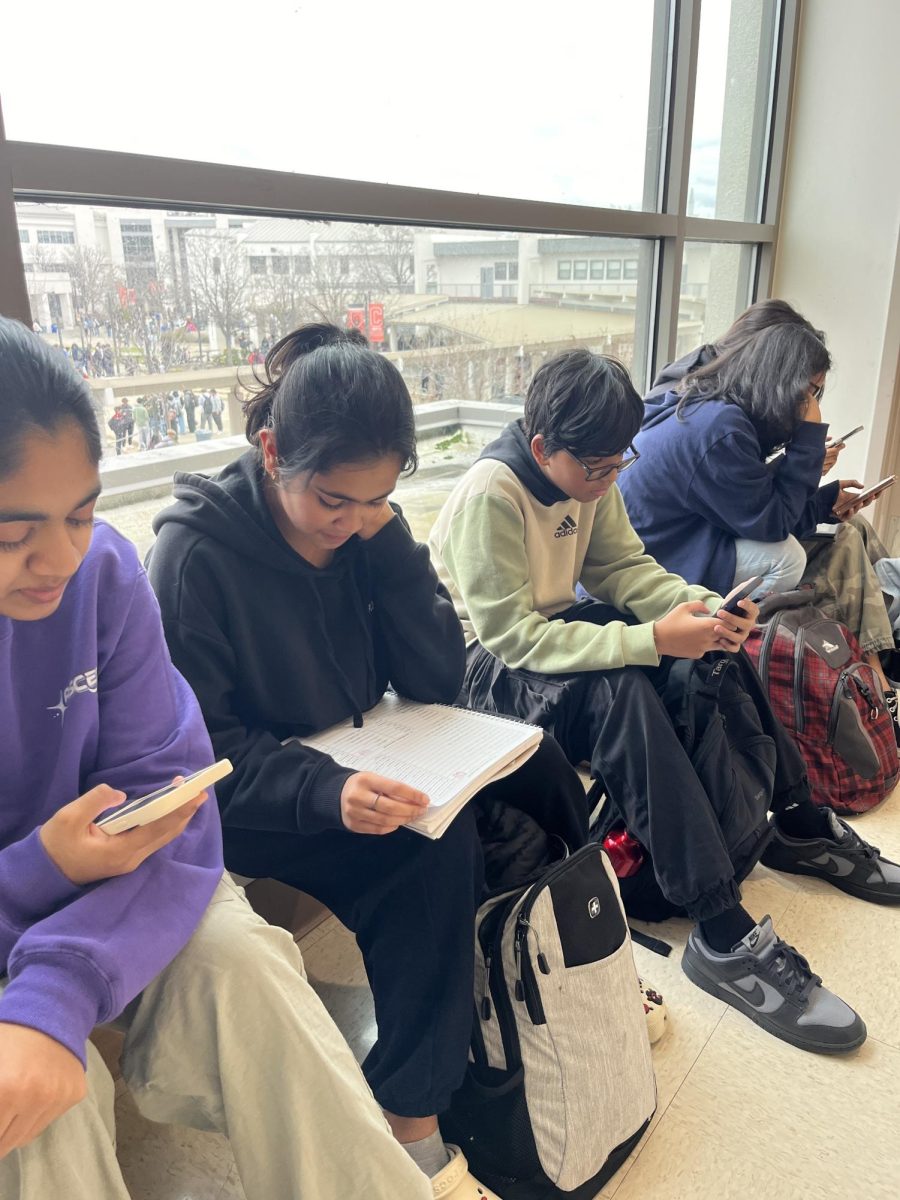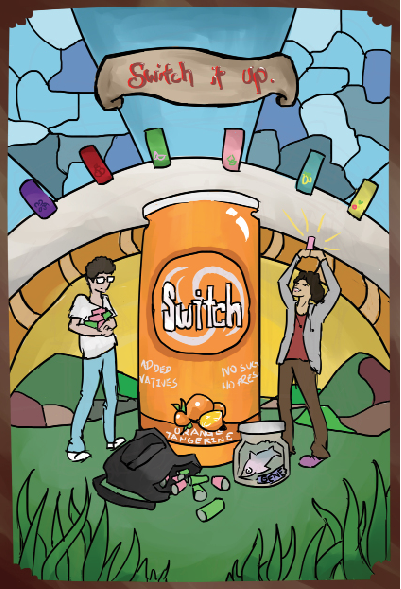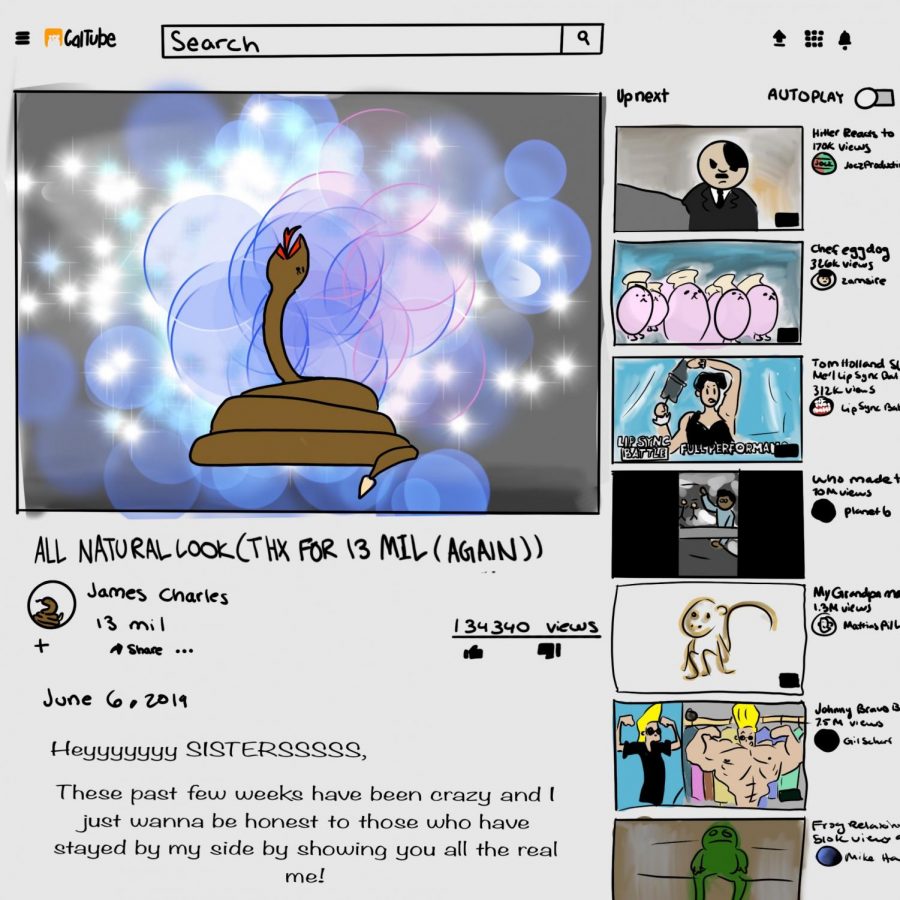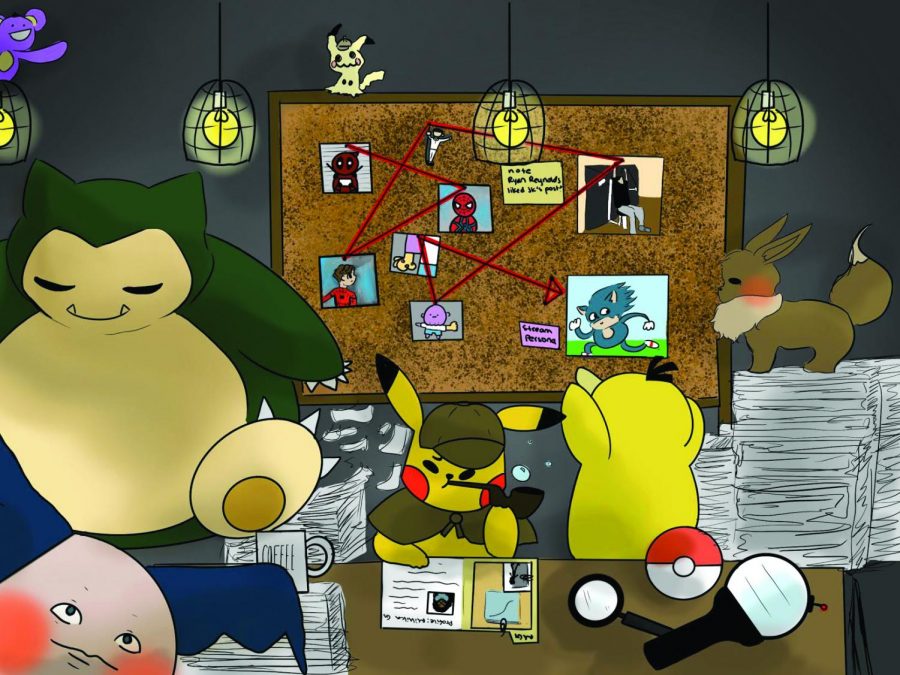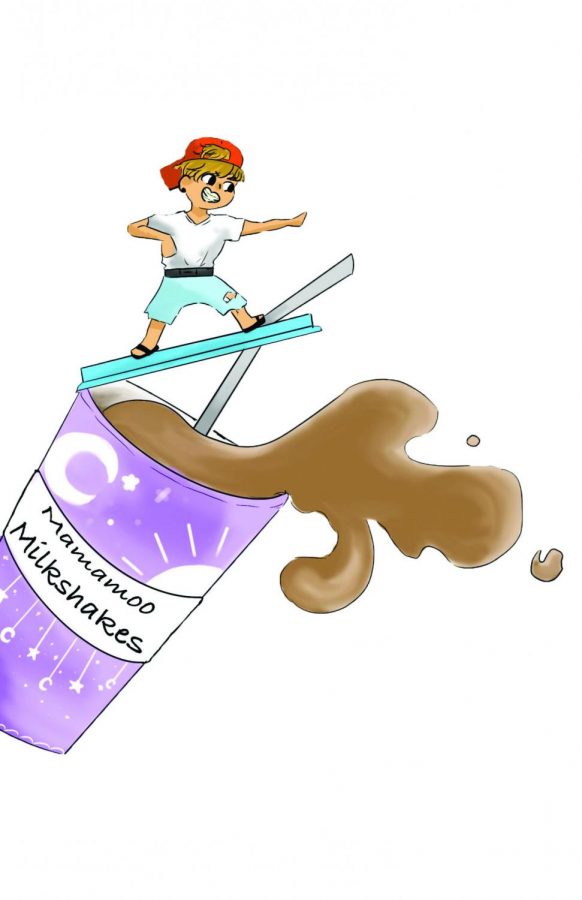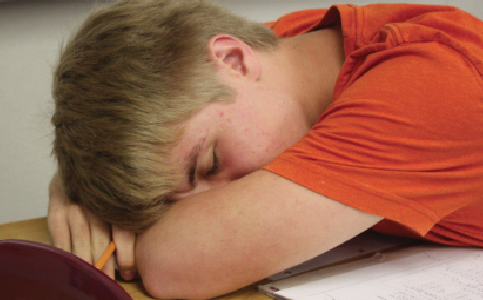
Today is the big day. You’ve trained for months, all the while looking forward to this competition.
Unfortunately, instead of taking home the gold, you napped in the parking lot because your teammates couldn’t wake up your sleep deprived body.
“On the day of competition, I ended up falling asleep in the car,” junior Samantha Liang said about the morning of one of her winter guard competitions last year. “I’m a heavy sleeper so it was a bit hard to wake me up.”
Liang is not alone.
Coming back to school after a long, carefree summer break tends to lead to many troublesome schedule changes for teens, and poor sleep is a major effect of these changes.
Students must adjust from going to bed at midnight and waking up at noon in the summer to cramming in homework, extracurricular activities, and chatting with friends all before going to sleep at midnight and waking up for school between six a.m. and seven a.m.
Though it may seem like a typical transition, this new sleep schedule results in drastic consequences to a student’s health.
“Being sleep deprived is like being drunk – you are impaired,” said Dr. Renu Deshpande, a family physician at Bay Valley Medical Center in Danville. “[People] don’t seem to learn as quickly or efficiently.”
Without having the proper amount of sleep, students can still function, but not at their best. To help understand this reasoning, students must realize that sleep is key for better short- and long-term memory, Deshpande said.
A person’s brain is like a hard-drive because new information must be entered and then stored away for the next use. With sleep, one will get the chance to register what they have recently learned and retain it for later, Deshpande said.
Teenagers should be getting eight and a half to nine hours of sleep a night to perform at their optimal potential, according to sleepfoundation.org.
Shockingly, about 80 percent of Cal High students might not be getting the sleep they need.
The Californian took a poll of 300 students asking them the average amount of hours of sleep they get on a school night.
The results show that only 19 percent, or 57 students, get eight or more hours of sleep, 56 percent or 168 students get six or seven.
Unfortunately, 75 students, or 25 percent, said they got six or less hours of sleep.
Sleep deprivation leads to well-known physically draining effects, but it may also lead to more serious problems such as depression, attention deficit disorders, acne growth, obesity, and more, Deshpande said.
“I usually get about five hours [of sleep],” said sophomore Sreenidhi Kotipalli. “My record for least amount of hours [on a school night] is two.”
Why are students straining so badly to get those essential hours of sleep?
The most commonly accepted explanations are overscheduling , excessive use of electronics, and the rise of social media.
Deshpande said blinding lights from phones, tablets, computers, or TV screens all “wake up” an individual’s brain and prevents it from shutting down and falling asleep.
To avoid this problem, she said electronics should be put away and lights should be dimmed about an hour before going to bed.
Society’s newfound concern with what others think about has also become an emerging problem for teens.
Teenagers constantly check social media just to get the chance to see everything that is going on, or to know what is new or “in” in their virtual world of ‘friends’, according to huffingtonpost.com.
This burning desire for social connection makes it harder to put away the electronics, as many teens fall victim to saying “just one more post” for hours.
“I’m usually on my phone until I get tired and go to bed,” said sophomore Tony Ernst.
